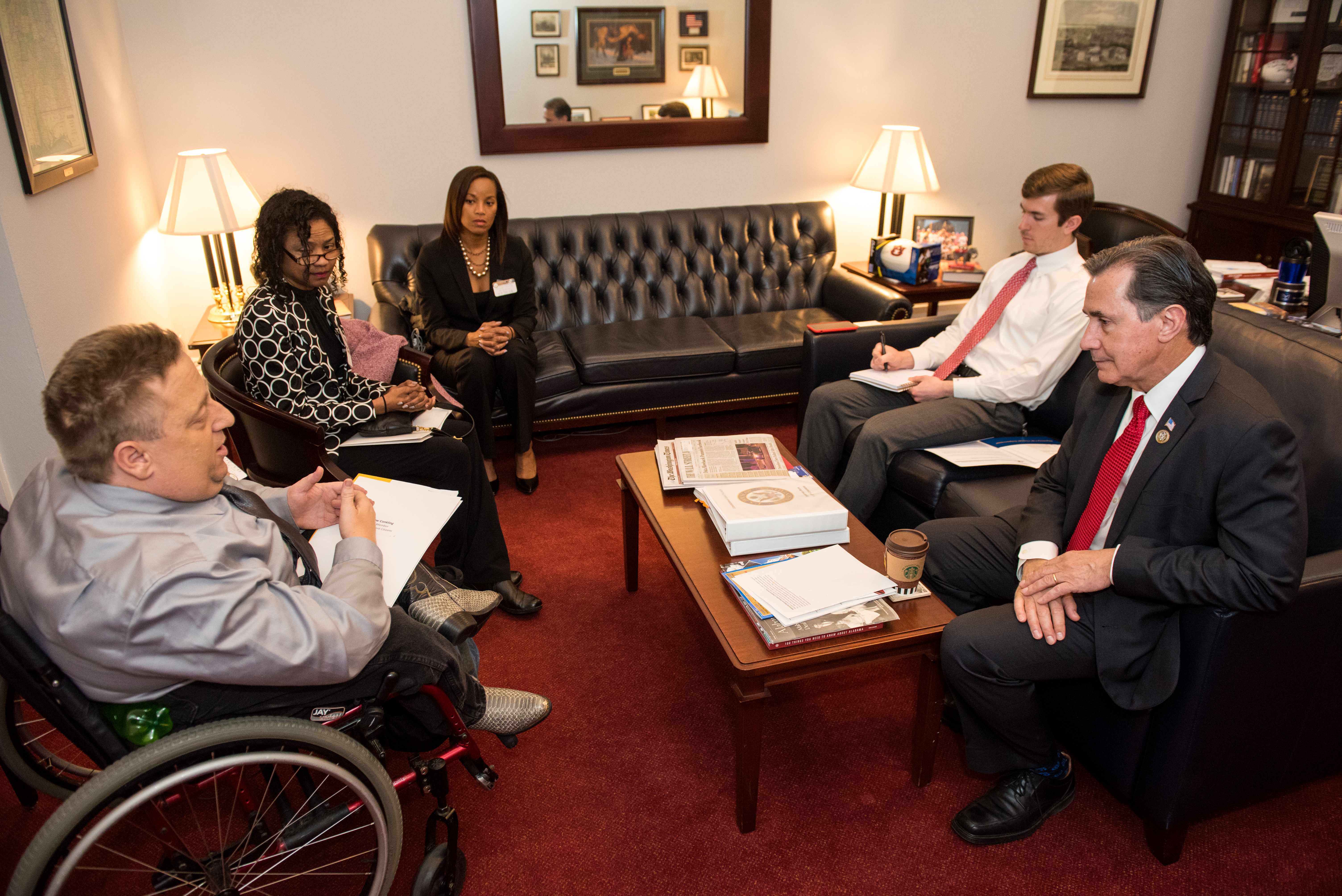DPC Advocates for Patient Access to Private Health Insurance
DPC filed an amicus brief in support of a lawsuit to protect patient access to private health insurance coverage. This is one of a number of lawsuits challenging discrimination by employer health plans in how they pay for dialysis. End-Stage Renal Disease (ESRD) patients are protected by the Medicare Secondary Payer Act (MSP), which permits ESRD patients to remain on their private health insurance plans for 30 months before they must enroll in Medicare. To protect this right from being chipped away, Congress prohibited health plans from making any distinctions in how they cover dialysis relative to how other treatments or diseases are [...]










